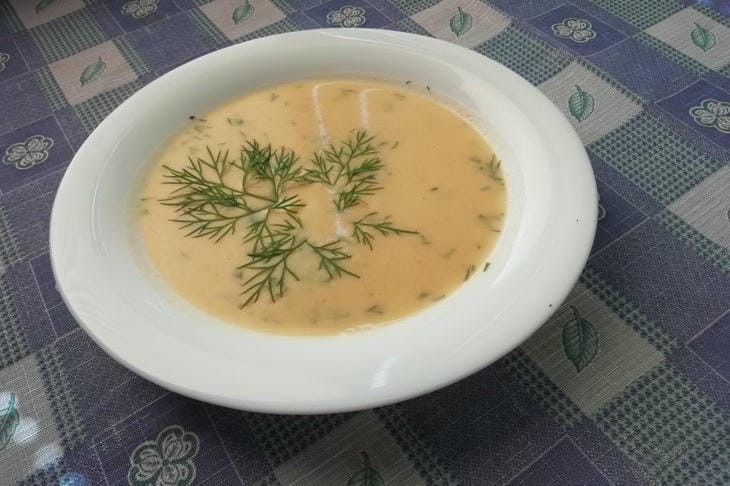What can you eat when you have a cold? Foods to eat during an infection
The number of colds increases between late autumn and early spring.
During an infection, appetite usually decreases, but it is important to stick to a balanced diet despite the reluctance to eat.
What foods should be included in the diet when sick, and which ones should be avoided?
Diet for colds - what is its importance
A balanced diet rich in all essential nutrients, minerals and vitamins is one of the foundations of health.
The food we eat when we are sick is important for the body to function and recover.

There is no miracle diet that will help you overcome a cold. Diet cannot cure an infection.
However, daily diet is very important as it can help relieve some annoying symptoms and improve your well-being. Certain foods can negatively affect the course of the disease and worsen discomfort.
It's also important to remember how important adequate hydration is for recovery and recuperation from a cold.
It is believed that an adult woman should drink 2 liters of water per day, and an adult man - 2.5 liters. Fever and the accompanying loss of water through the skin and respiratory tract increase this need during illness.
What to eat and drink when you have a cold
During a cold, it is important to ensure regular nutrition. It is best to eat small portions, but do it often.
There are a number of foods and drinks that can be included in your daily menu during a cold.
Namely:
Honey;
Water and other drinks;
Bouillon;
Warming drinks.
What you shouldn't eat when you have a cold
There are foods that can harm you when you have a cold and make some of your symptoms worse.
For example:
Alcohol;
Spicy food.
Eating Healthy All Year Round Helps Fight Infections
A diet to strengthen the immune system does not necessarily have to be monotonous and expensive. It is based on eating healthy food, rich in all nutrients, vitamins and minerals.
Dietary changes during an infection can help fight illness, but they usually don't boost your immune system. We have a whole year to support our immune system with a diet that can help reduce our risk of getting sick and protect us from complications from a cold.
What should be included in the year-round menu?
Probiotics - their sources are kefir, yogurt and pickles;
Sources of vitamin C, such as citrus fruits, peppers;
Sources of vitamin D, such as sea fish, eggs, milk;
Sources of selenium and zinc include seafood, eggs, and milk.
